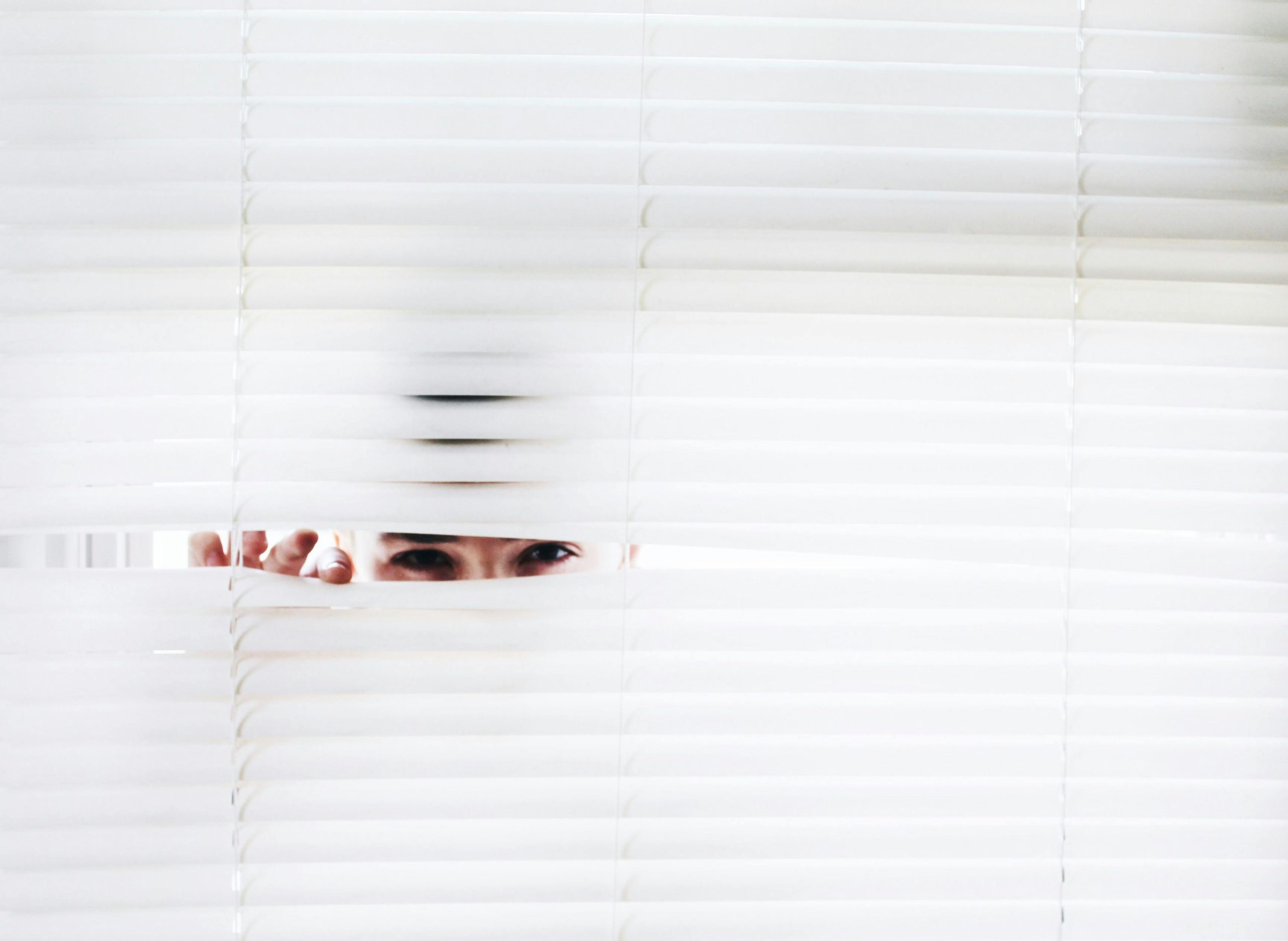The Subtle Art of Distraction: How Entertainment Shapes Our Reality
In today’s world, it often seems that we are encouraged to dwell in a state of perpetual amusement. This isn’t a mere coincidence; it’s part of a broader strategy that aims to keep us entertained and disengaged. By promoting a culture where laughter is ubiquitous and the serious side of life is often pushed aside, we risk becoming passive participants in our own reality.
Consider the educational system we have inherited. It often prioritizes rote memorization over critical thinking and genuine understanding. In an era where the pursuit of knowledge is sometimes met with derision, curiosity is frequently dismissed as a source of annoyance. Being perceived as “too serious” or lacking a sense of humor is a societal stigma that discourages intellectual engagement.
When we look at entertainment, it is filled with adults who, for the most part, behave like children. The political arena resembles a circus more than a forum for serious discourse, while social media thrives on fleeting moments of dopamine, reducing complex issues to mere soundbites. Even significant crises are trivialized and quickly turned into memes, underscoring a collective unwillingness to engage deeply with the events unfolding around us. Instead of processing these issues thoughtfully, we scroll past them, enthralled by a stream of content designed to amuse and distract.
This fascination with distractions is intentional. A population that is easily entertained is less likely to think critically or to mobilize for change. When mocking and trivializing are the norms, innovation and problem-solving often take a backseat. A culture that prioritizes fleeting jokes and viral trends may become oblivious to the very structures that confine it.
We are not merely distracted; we risk losing our very essence. Many people today seem indifferent to the depth of serious matters as long as there is humor involved. Recognizing the implications of this phenomenon is crucial if we hope to reclaim the ability to think critically, engage meaningfully, and build a future that aligns with our true potential. It’s time to reflect on the ways in which we consume information and entertainment and to seek a balance that fosters awareness rather than apathy.



